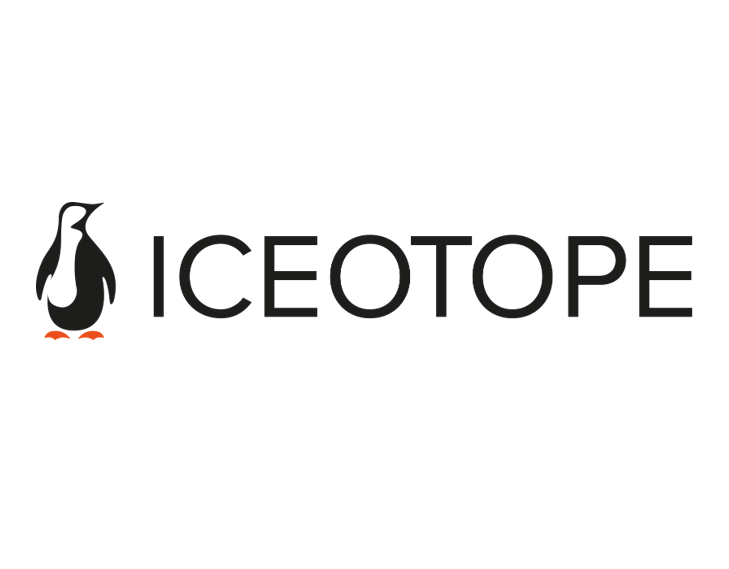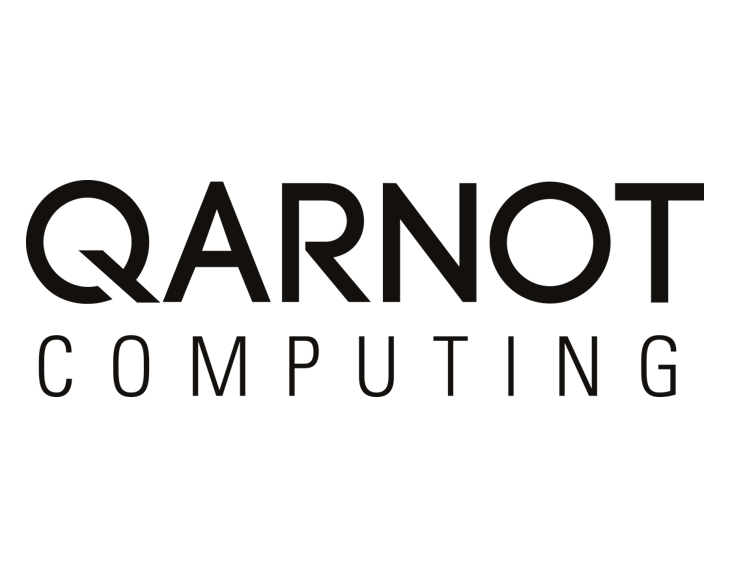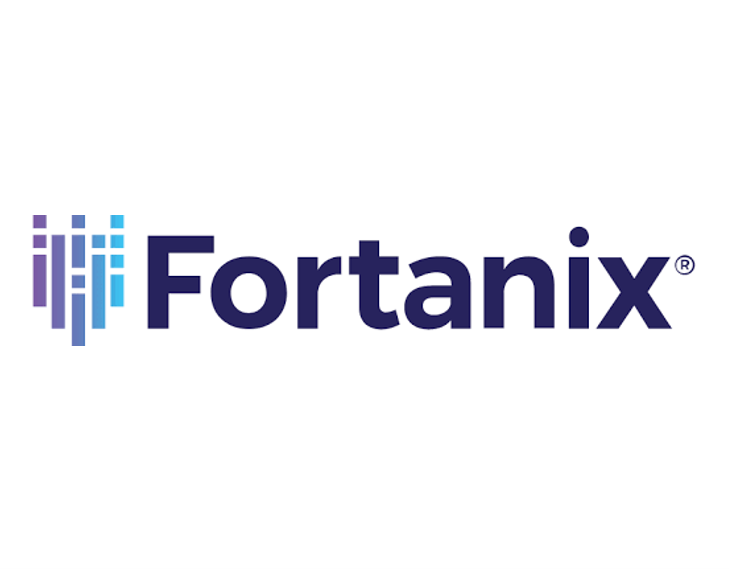123Fab #82
1 topic, 2 key figures, 3 startups to draw inspiration from

On 8 February this year, 12 EU member states affirmed their desire to launch an IPCEI (Important Project of Common European Interest) on developing a sovereign cloud in Europe. These countries include Germany, Belgium, Spain, Italy, and France, which plan to contribute 300 million euros to the project, estimated at 7 billion euros. The first objective is to guarantee the protection and security of European users’ data. Indeed, most web hosting companies in the cloud are currently owned by American companies, with GAFAM controlling 70% of the European market. They are therefore subject to the Cloud Act, the US federal law on access to communications data, which obliges providers to disclose all information in their possession upon request from the US judiciary, regardless of whether the data is hosted in the US or in a third country, which violates the EU’s General Data Protection Regulation (GDPR). The other objective is to compete with industry behemoths such as Google or AWS and reduce European dependence on US companies from a commercial point of view.
The explosion of the cloud in recent years is due to its many advantages: it makes all data accessible from any terminal very quickly and, in theory, also prevents it from being lost, even if the hardware storing it is damaged. It is largely dominated by the American giants, mainly Amazon, which holds over 30% of the market, Microsoft, and Google. Their dominance is often decried, and this week Reuters reported that the European Commission has opened an investigation into Microsoft’s potentially anti-competitive practices in the cloud sector. A few large European players still manage to emerge such as Deutsche Telekom, OVHcloud, SAP, or Orange as well as smaller cloud providers like pCloud, Oodrive, or Leviia.
However, the principle of remote storage raises questions of security, reliability, and confidentiality. Thus, standards have been developed such as ISO 27001 to ensure that the operator guarantees a good level of data security. In France, the government supports the “trusted cloud” label, which lays the foundations for high technical and legal standards, such as the mandatory SecNumCloud security level issued by the ANSSI (the French information system security agency). The logic is the same in other countries, for example in Germany. T-Systems and Google Cloud have announced that they will create and provide sovereign cloud services for businesses, the public sector, and healthcare organizations. Cloud computing also poses problems of dependence, on the one hand on the supplier, particularly in terms of ownership of data and functionalities, and on the other hand on the Internet, since a connection is required to use cloud computing. Furthermore, from an environmental point of view, the exponential development of cloud computing has a huge impact on global electricity consumption and also generated carbon dioxide: data centers worldwide consumed around 200 TWh in 2018, or about 1% of global electricity use.
In response to these limitations of the cloud, several startups have emerged to offer answers and attempt to occupy this growing market. For instance, this week, Intel announced plans to acquire Israeli cloud optimization startup Granulate for $650 million. The startup continuously optimizes the operating system resource manager to drastically improve performance, reduce costs by around 60%, and increase capacity in both on-premises and cloud environments, without any code changes. With the same aim of optimizing costs and performance, startup Iceotope has developed chassis-level liquid cooling solutions to reduce energy and water consumption, as well as the design, construction, and operating costs of cloud data centers. At the crossroads of energy optimization, sovereign cloud, and server storage management, Qarnot Computing proposes to use the heat emitted by micro-processors to heat offices, social housing, or colleges. The computing power is then 2 to 4 times cheaper than that offered by public cloud providers such as AWS, Microsoft Azure, or OVHCloud since the cost of the infrastructure is financed by the customer. Qarnot’s digital boiler consists of 24 processors and can, for example, heat water to over 60°C. When it comes to the growing demand for security, startups are leading the way. US-based cybersecurity company Rapid7 has confirmed its investment in the cloud with the acquisition of Israeli startup Alcide, a leading Kubernetes security provider, and DivvyCloud, a cloud security and governance startup. To ensure infrastructure and data security and entrust its management to the data user, startup Fortanix offers a solution for multiple public clouds and hybrid environments via a single platform and its technology, Runtime Encryption.
The cloud is therefore ultimately a solution full of promise, dominated by a few large players but bringing together a very innovative ecosystem. Start-ups play a key role in meeting the challenges, particularly in terms of security and environmental impact, and there are more and more of them developing in this area.
2 Key Figures
The cloud computing market size is expected to grow from $445.3 billion in 2021 to $947.3 billion by 2026, at a CAGR of 16.3%
MarketsAndMarkets
+ $3B invested in cloud security in last two years
Tracxn
3 startups to draw inspiration from

Iceotope
The British startup has developed liquid cooling systems suitable for traditionally high power and high-performance computing (HPC) workloads. The systems wrap each server blade in a metal case filled with dielectric coolant, helping avoid the costs and carbon emissions associated with the need to cool the entire data center.

Qarnot Computing
The French startup provides a cloud-based radiator computer that produces free and eco-friendly heat sourced from IT processors. Through dispatching software, the company offers performant and secure cloud computing services. QRad provides energy-efficient green heating for buildings in every room by installing sensors.

Fortanix
The American startup is a cloud data security solutions provider. The features of the product include data privacy and management, multi-cloud key management, data encryption, network virtualization, secure access control, etc. The startup receives the Cybersecurity Excellence Gold Award.
Interested in a startup landscape or in an insights report?
Please fill out our contact form so that we can get back to you very quickly with our product offer.
Want to subscribe to our 123Fab?
Fill out our form to receive the latest insights into your inbox.
